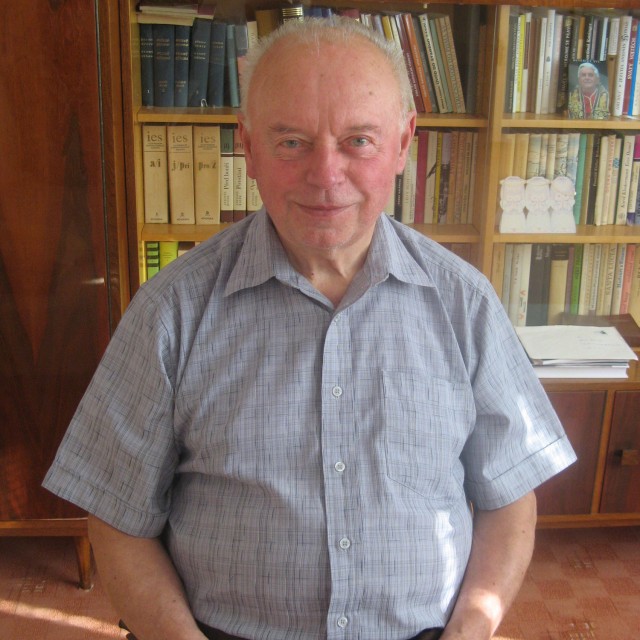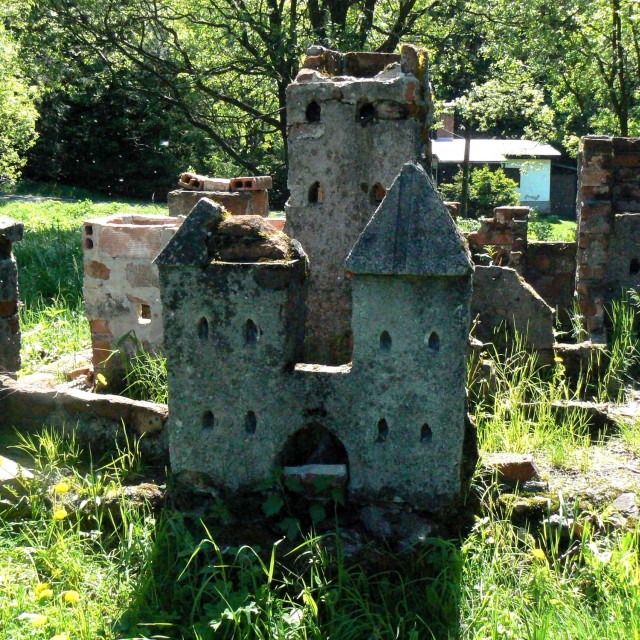Fifty-six hours in minus thirty degrees Celsius
Štěpán Vašíček was spent almost a year in Camp Rovnost, (Equality): “The commander at the time was Paleček, real name Albín Dvořák. I was to receive a visit for the first time in three years, my mum and godmother were supposed to come to see me. Before that happened, Paleček called out for me and some five others and told us: ‘You’re not getting a visit because you deserve it but because your parents asked for it.’ And the visit proceeded accordingly. Mum cried, so I told her: ‘Don’t cry, be glad that we have the opportunity to offer this up in love to God, not only for ourselves, our sins, but for the whole nation.’ And of course in the next moment I had, I think, eight warders around me. Mum protested: ‘But they told us you weren’t willing to listen, that they could release you otherwise.’ I replied: ‘Don’t trust them, they’re lying to you.’ And I used the words of St Thomas More, who told his wife from his prison cell: ‘Yes, they would release me, but I would have to agree with everything the king wants.’ Just as I would have had to agree with the things the communists wanted from me. More apparently added: ‘How long would I live with you? A year, two, five, ten, or twenty... And for those twenty years I should lose all eternity?’ They ended the visit immediately after those words. Paleček came to me and said: ‘Vašíček, I have the feeling you want to end up on the gallows.’ When we came back to the camp, he did not let me in. I had to change into prison clothes and stand in the snow. There was no solitary confinement there. I stood with the snow up to my waist together with some five Slovak friends for 56 hours. At the time it was a freezing minus thirty degrees Celsius. Three days later with the help of friends from electro, I got myself to the Regional Prosecutor’s Office in Karlovy Vary. We drew up an official report about all that was going on at Rovnost, and the warders later received a right seeing-to. When they were taking me back to Rovnost, the escort guard told me: ‘Vašíček, I’d like to just lead you into a forest and come back alone.’ ”
Hodnocení
Hodnotilo 1 lidí
Routes
Comments
No comments yet.






